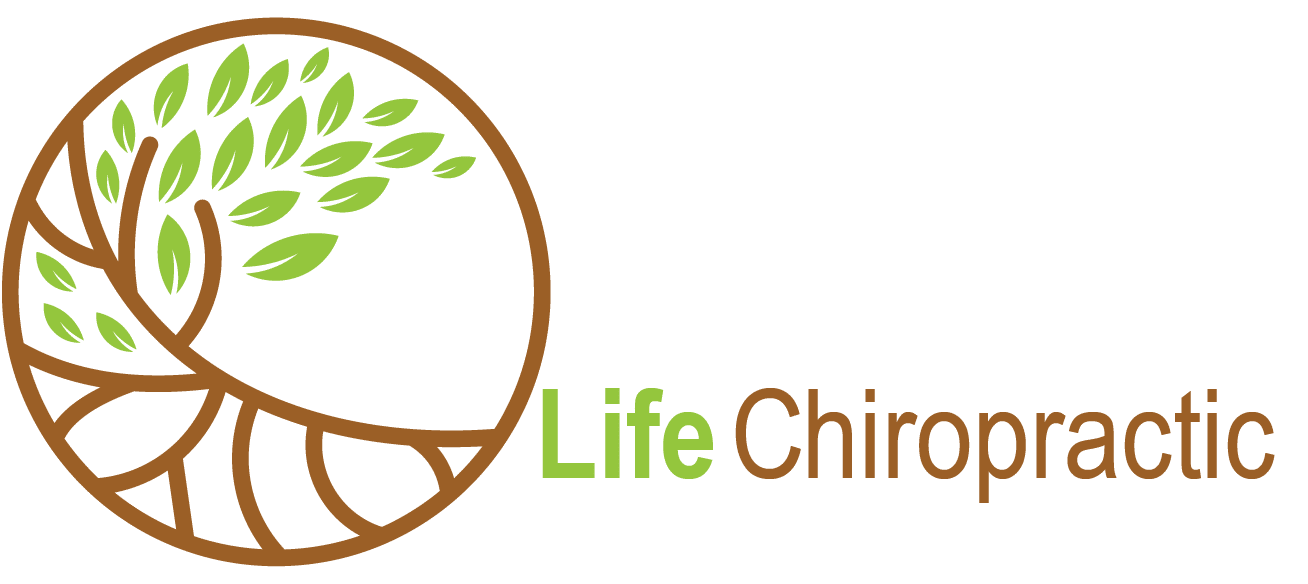The first thing to realize is that stress is much different and much more than you realize. When most of us think of stress we think of just the emotional stress we experience with work deadlines, relationship challenges, and all that comes with our busy, hectic lifestyles.
All that is stress, and it is so much more.
Is it time to master your stress management? Is stress getting the better of you?
What’s important is the impact stress has on us and herein lies the key.
Here’s a recent post of mine: How to De-Stress
Stress is so much less about what happens to you and much, much more about how your brain and nervous system respond to the demands of your life. This is not going to be an article about how to reduce the stress in your life because so much of what qualifies as stress is out of your control.
Trying to reduce something out of your control is a recipe for frustration and….stress!
What is Stress?
To understand stress you must understand a bit about how your nervous system works because stress is all about how your system responds to the events, people, and circumstances in your life.
The human nervous system developed during much simpler times when the risks to our survival were frequent. The Sympathetic Nervous System, called the “Fight-or-Flight” system responds to both real and perceived threats.
The key word is perceived. There are stimuli and events in our daily lives that our nervous system still responds to as though they were threats.
When this happens the “Fight-or-Flight” system mobilizes resources as though you were going to have to fight or flee for your survival. This looks like:
- Increased heart rate and blood pressure
- Increased muscle blood flow and tension
- Decreased digestion
- Reduced sleep
- Impaired recovery and healing
- Increased inflammation
- Increased stress hormones cortisol and adrenaline
When this system gets repeatedly fired off we start to live in a state of near constant Sympathetic activity. All those reactions above are great short term but over the long term they impair your health and wellbeing.
This is why the National Institute of Health published a paper stating that stress is the common risk factor in 75 – 90% of all diseases.
When the “Fight-or-Flight” system becomes overactive and dominant it suppresses activity of its counterpart, the Vagus Nerve. The Vagus Nerve supports your health and wellness with functions like:
- Supports rest, recovery, digestion
- Supports healthy immune response
- Restorative sleep
- Lowered inflammation
- Lowered heart rate and blood pressure
So, we’ve established that…
- Stress is your body’s response to triggers
- Those triggers are everywhere
What can you do?
3 Essential Keys
If you can’t manage your way out of stress or significantly reduce or avoid those stress triggers the only viable approach is to change your relationship with stress. Let’s explore how.
Essential Key #1: Make an Assessment of Where You Are: if you are experiencing what feels like “stress” or the impact of stress then I can guarantee this is a process that has been building for a long, long time. The body is incredibly resilient and it often takes years or even decades to overwhelm the body’s resiliency.
Spend some time with yourself and check in with your body.
- Where do you notice tension, tightness, or pain?
- How is your sleep? Do you awake refreshed?
- How is your energy level?
- Emotionally how are you?
- Have you been getting sick more often or having a harder time recovering?
It’s important to know your starting point and to realize the toll that stress is taking on your psyche, your body, and your health. This should serve as motivation for you.
Essential Key #2: Reduce Pressure and Tension on the Autonomic Nervous System: the Vagus Nerve is affected greatly in the upper neck and down in the pelvis. Dysfunction and imbalance in these areas will inhibit Vagus Nerve function.
The mid and lower back have an influence on the Sympathetic Nervous System with a tendency to over activate it.
Some ways to address this:
- Corrective, balancing Chiropractic Care
- Structural Integration bodywork
- Craniosacral Therapy
Essential Key #3: Activate the Vagus Nerve: the Vagus Nerve is your key to reduced stress and greater health and wellbeing. It is important to reduce the irritation to the Autonomic Nervous System along with activating the Vagus Nerve. With chronic stress the Vagus Nerve is like a muscle that hasn’t been exercised in a long time. If you want all the benefits of the Vagus Nerve you need to activate it.
You are overcoming months, years, even decades of stress that has progressively lowered the activity of the Vagus Nerve.
The most common method I use with my clients is what I call conscious breathwork. We start by evaluating how they breathe and correct any imbalances. Nasal breathing is an important component. And, then we alter the pace and volume of breathing to activate the Vagus Nerve.
Make sure to subscribe to my social media pages where I regularly post tips, insights and valuable information.
Facebook: Life Chiropractic Facebook
YouTube: Life Chiropractic YouTube
Instagram: Life Chiropractic Instagram
Blog: https://lifewithinchiropractic.com/blog/
Schedule your first visit here: Life Chiropractic
